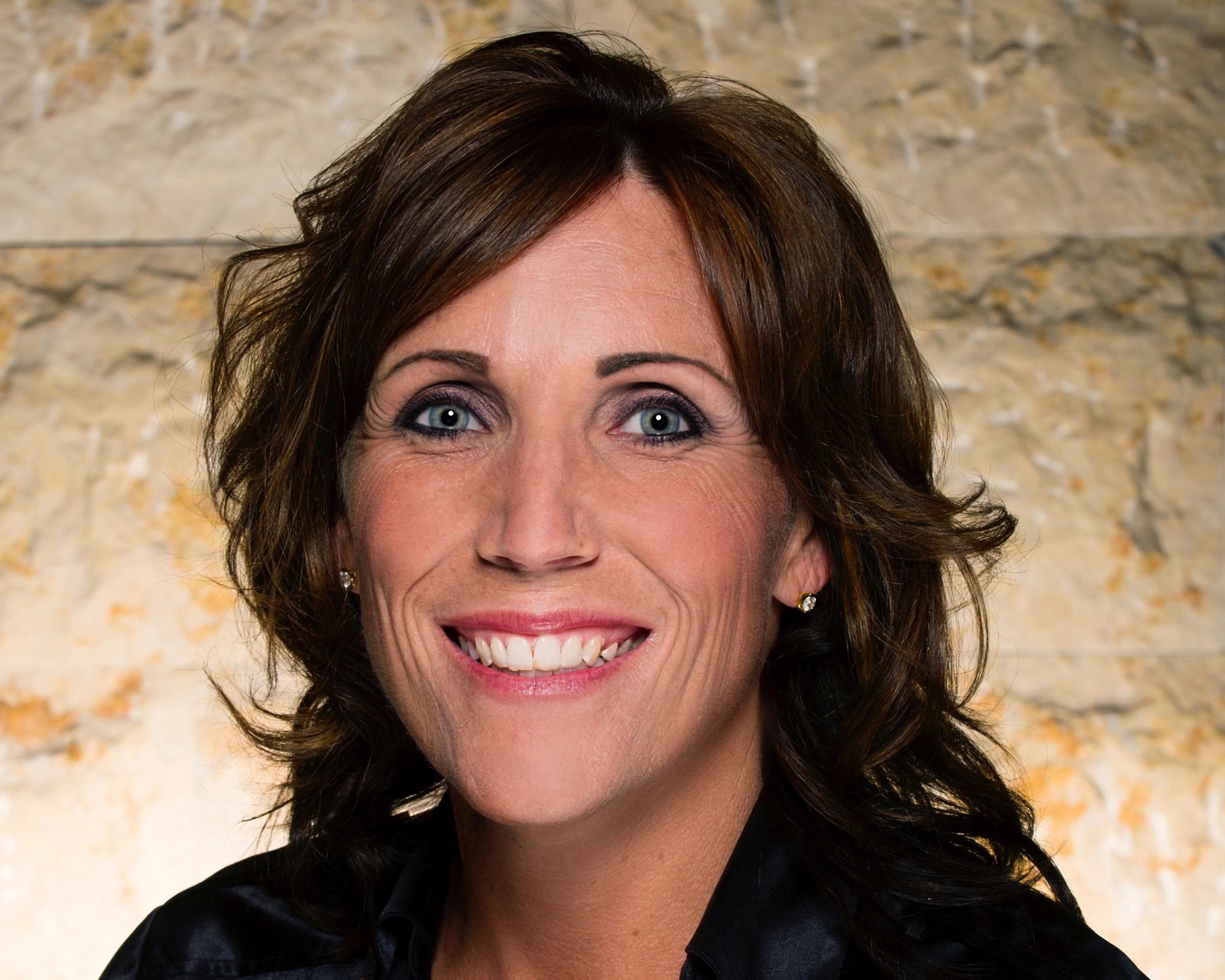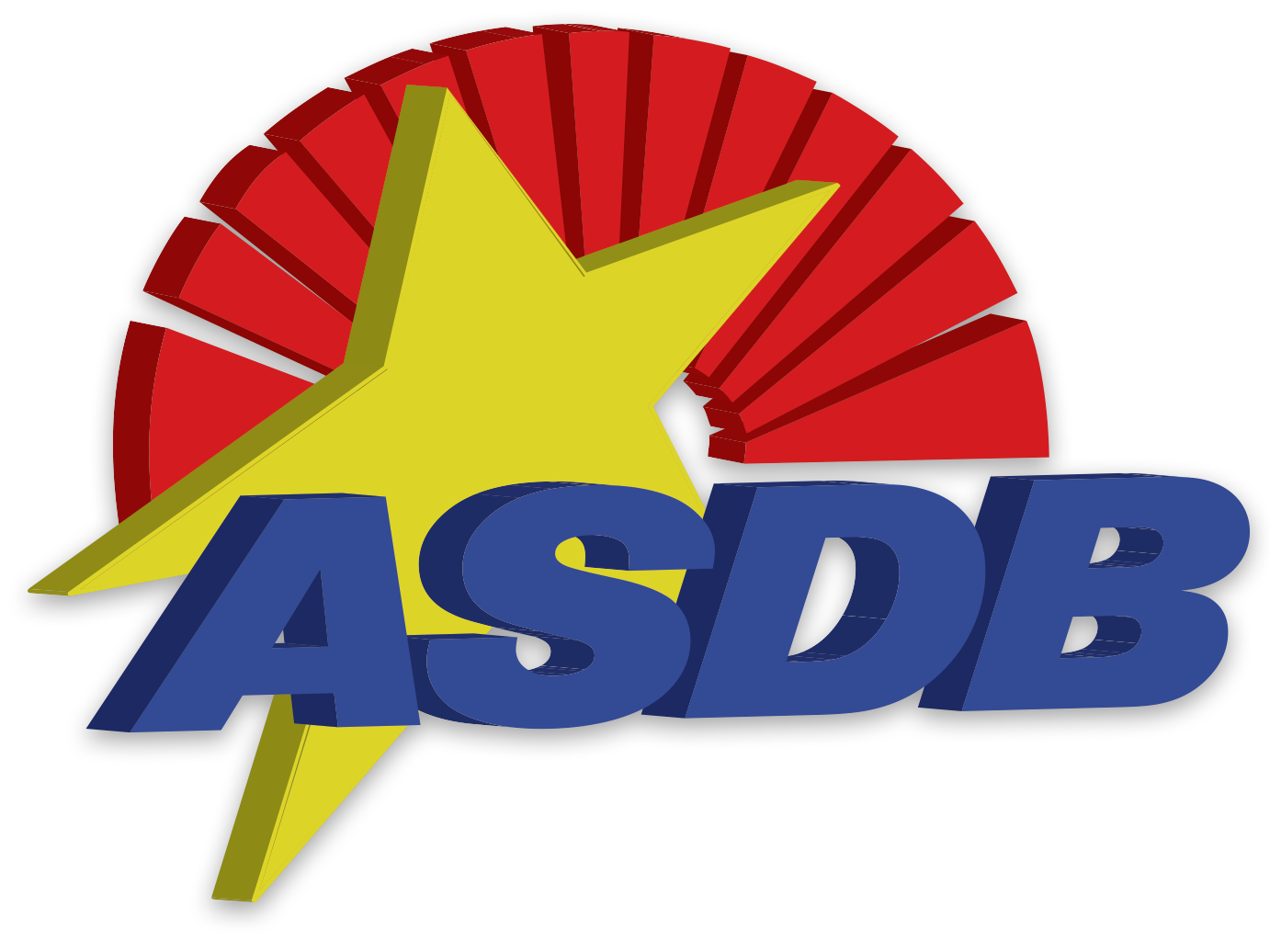Early Learning Program
ASDB’s Early Learning Program (ELP) serves children, birth to age five, who are deaf/hard of hearing, blind/visually impaired, and deafblind across the state of Arizona. The goal of the ELP is to ease the transition from early childhood to preschool, and ultimately better prepare our youngest learners for kindergarten. Birth to three and preschool teachers work together to facilitate the transition from IDEA Part C services (birth to age three) to IDEA Part B services (age three to age five) to achieve this goal.
Our team of more than 75 teachers, speech-language pathologists, audiologists, and support staff, in addition to our contractors, work in concert to deliver high-quality learning opportunities to approximately 600 children and their families statewide. Our teachers are experts in providing data-driven services and supports that are shown to assist children in achieving age-appropriate milestones across all developmental domains. Seeing children achieve their potential is what drives this group of dedicated individuals.
WHO
WE
ARE
Who are we?
We are a team of teachers highly qualified in the area of sensory impairment.
What do we do?
- We provide data-driven services and supports so that children who are D/HH, B/VI, and DB achieve age-appropriate milestones across all developmental domains.
- Services and supports are provided to infants and toddlers and their families in the home and in the community; and to children ages three to five in site-based preschool programs.
Why do we do it?
- To empower families.
- To allow for a smooth transition process from early childhood to preschool.
- To better prepare our youngest learners for kindergarten.
Where are we going?
An exemplary birth to age five program that provides the supports necessary for a smooth transition from family-focused services to child-focused services at age three.
How are we getting there?
We are meeting within and across regions/programs to promote continuous improvement by examining:
- Current transition processes
- Whether or not services across the state are equitable
- How to improve supports
WHAT
WE
BELIEVE
Every child matters.
Every child deserves services.
Every child has the right to learn how to communicate.
Early intervention makes a difference and a lack thereof puts a heavier burden on agency resources later.
Every child deserves to be viewed as a whole child, not by their disability.
Parents are an important part of the team and their voices should be heard.
All families can enhance their child’s learning with supports.
Coaching parents and caregivers is highly effective because they spend the most time with their children.
Children need small class sizes, homogeneously grouped by language level and modality.
We recognize the challenges rural areas face in serving children and believe in equitable services; geography should not be a barrier.
Every child has unique strengths that should be recognized and respected.
All children deserve the continuum of care.
There are multiple factors that impact a child’s growth – some out of our control.
Every teacher and therapist matters and deserves to be supported and made to feel valued.
Positive school climate positively impacts teacher and therapist retention and student outcomes.
OUR
PRIORITIES
Who are we?
We are a team of teachers highly qualified in the area of sensory impairment.
What do we do?
- We provide data-driven services and supports so that children who are D/HH, B/VI, and DB achieve age-appropriate milestones across all developmental domains.
- Services and supports are provided to infants and toddlers and their families in the home and in the community; and to children ages three to five in site-based preschool programs.
Why do we do it?
- To empower families.
- To allow for a smooth transition process from early childhood to preschool.
- To better prepare our youngest learners for kindergarten.
Where are we going?
An exemplary birth to age five program that provides the supports necessary for a smooth transition from family-focused services to child-focused services at age three.
How are we getting there?
We are meeting within and across regions/programs to promote continuous improvement by examining:
- Current transition processes
- Whether or not services across the state are equitable
- How to improve supports
EARLY LEARNING PROGRAM TIMELINE
-
1973
ASDB provides services to infants and toddlers with hearing and/or vision loss, and their families, statewide.
-
1974
ASDB opens first preschool for children who are DHH, Center for Hearing Impaired Children (CHIC), on the Tucson campus. -
1975
Congress passes The Education for the Handicapped Act (EHA), guaranteeing a free and appropriate public education (FAPE) to children with disabilities in grades K-12. -
1978
ASDB opens its first preschool for children who are BVI, Visually Impaired Preschool (VIP), on the Tucson campus. -
1986
ASDB and Foundation for Blind Children (FBC) begin partnering to provide quality early intervention services to infants and toddlers in Maricopa County. -
1986
Congress amends EHA, extending FAPE to all children ages 3-5 (Part B) and creating the Early Intervention Program for infants and toddlers, birth to age 3, and their families (Part C). -
2005
ASDB’s Regional Cooperatives assume oversight of the birth to age 3 program. Campuses assume oversight of the preschools. -
2010
Birth to age 3 program named Early Childhood and Family Education (ECFE). -
2014
Deaf Mentor Program partners with ELP to provide families with DHH children an opportunity to work with highly trained DHH adult role models to begin acquiring American Sign Language and knowledge of Deaf Culture.
-
2015
Arizona Early Intervention Program (AzEIP) assumes responsibility for service coordination, allowing ECFE teachers to focus on families. -
2016
ASDB & Zimmerman Speech and Hearing Center begin partnering to provide listening and spoken language services to infants and toddlers. -
2017
ASDB & Desert Voices being partnering to provide additional listening and spoken language services to infants and toddlers. -
2018
AZ legislature passes H.B. 2022, providing funding sufficient to hire an additional 21 ECFE teachers. -
2019
ASDB takes first steps toward returning to a comprehensive, birth to age 5, Early Learning Program (ELP). -
2020
ASDB ELP responds to Covid-19 Pandemic, providing tele-services across the state to all birth to age 3 and preschool families.

Dr. Kendra Benedict
Statewide Director of Early Learning
Dr. Benedict holds principal and teacher certification from the State of Arizona, a Ph.D. and an M.A. in Special Education from the University of Arizona, and a B.S. in Speech-Language Pathology and Audiology from Northern Arizona University. In pursuit of her doctoral degree, she designed and conducted intervention studies to inform her practice. Her scholarly activities have resulted in numerous peer-reviewed publications and national and international conference presentations. Dr. Benedict continues to enjoy her work in higher education, teaching classes for the Mary Lou Fulton Teachers College at Arizona State University.
In addition to her experience in the public schools and higher education, Dr. Benedict has experience in the nonprofit sector, overseeing operations of residential services, home- and community-based services, and day programs for adults with intellectual and developmental disabilities. Just prior to joining ASDB’s preschool team, she led a team of 250 managerial, supervisory, and direct support staff that through teamwork, innovation, and personal accountability provided continuity of care to 300 adults with disabilities and their families across the state.
